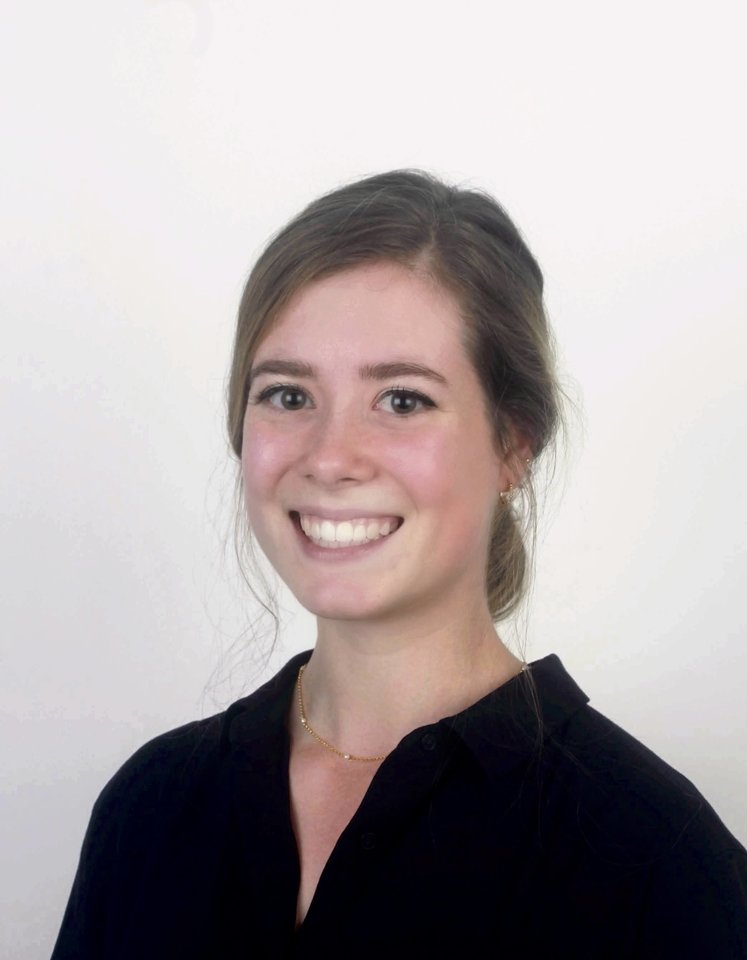Merel Schumacher
Project title: Materializing the Demand Response Potential from Heat Pumps in the Netherlands in 2050.
By the year 2050, the Dutch government aims to have transitioned away from natural gas and provide heating to all residential dwellings using more sustainable technologies. Heat pumps (both all-electric and hybrid models) are expected to play a large role in fulfilling this heating demand. However, because heat pumps require electricity in order to provide heating, a rise in the number of installed heat pumps is expected to have a significant effect on the residential electricity demand. This poses an issue during times of peak demand and low renewable power availability, leaving no choice but to increase reserves and ramping needs from fossil-fueled conventional power assets. Luckily, when provided with the right control strategy, heat pumps are able to flexibly draw electricity from the power grid, lowering the electricity required during peak hours. As a result, it is both possible that an increase of installed heat pumps in the Netherlands can either aggravate the flexibility problem or provide a key role in solving it.
The extent to which heat pumps could contribute to providing this demand response is not only dependent on the technical demand-response characteristics of the heat pumps. Rather, it is determined by both the willingness of households to adopt the heat pump and the way users react to the proposed control strategy. Using econometric techniques, the master thesis research project will aim to quantify these behavioral dimensions into a model estimating the electrical flexibility heat pumps will be able to either require or provide in the Netherlands in 2050. Once this relationship has been quantified, policy measures will be identified aimed at maximizing the collective demand response evoked from heat pumps. The research is carried out in cooperation with the Fundamental Analysis department at Eneco.
Committee: Gerdien de Vries, Emile Chappin, Robert Praet (Eneco)
